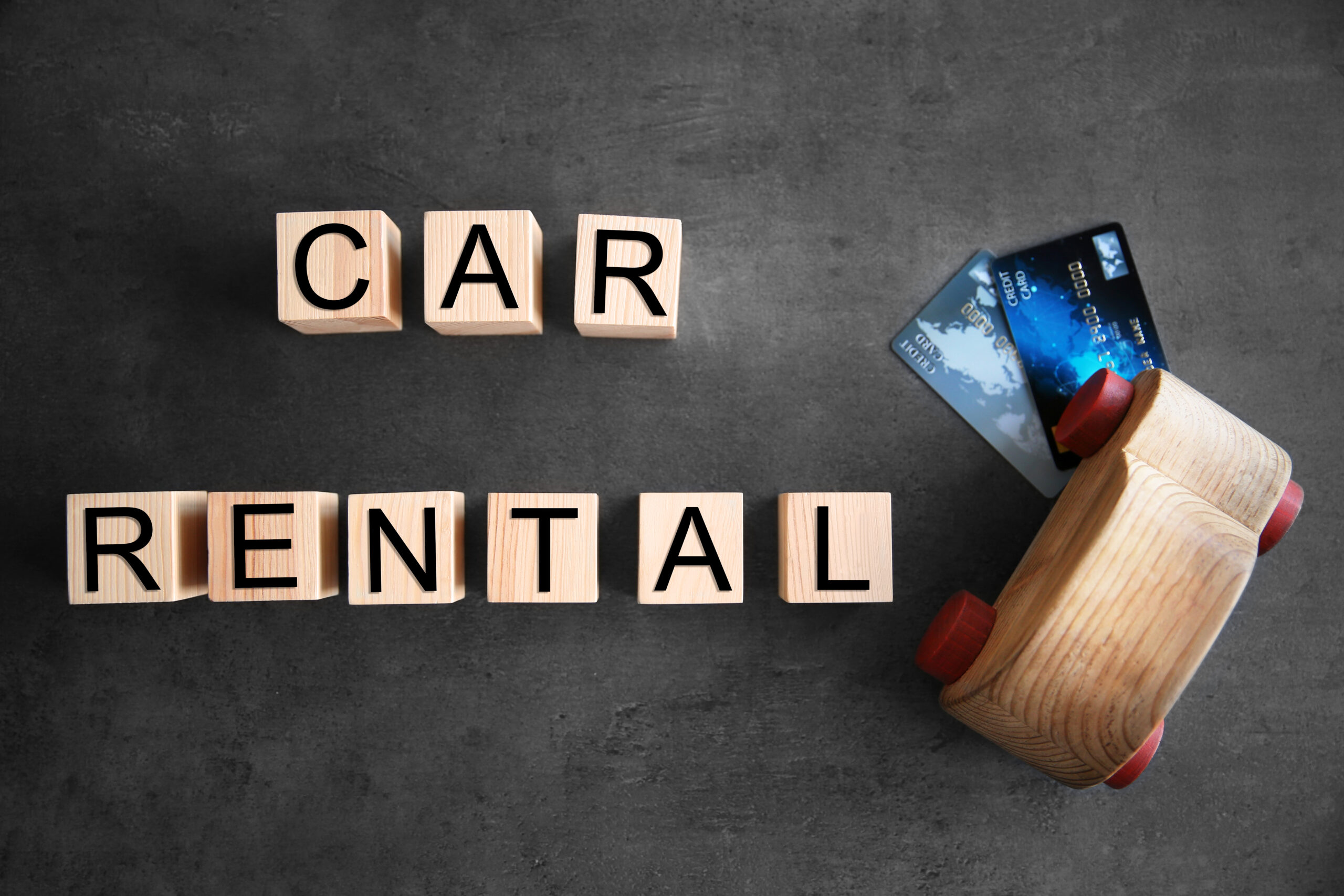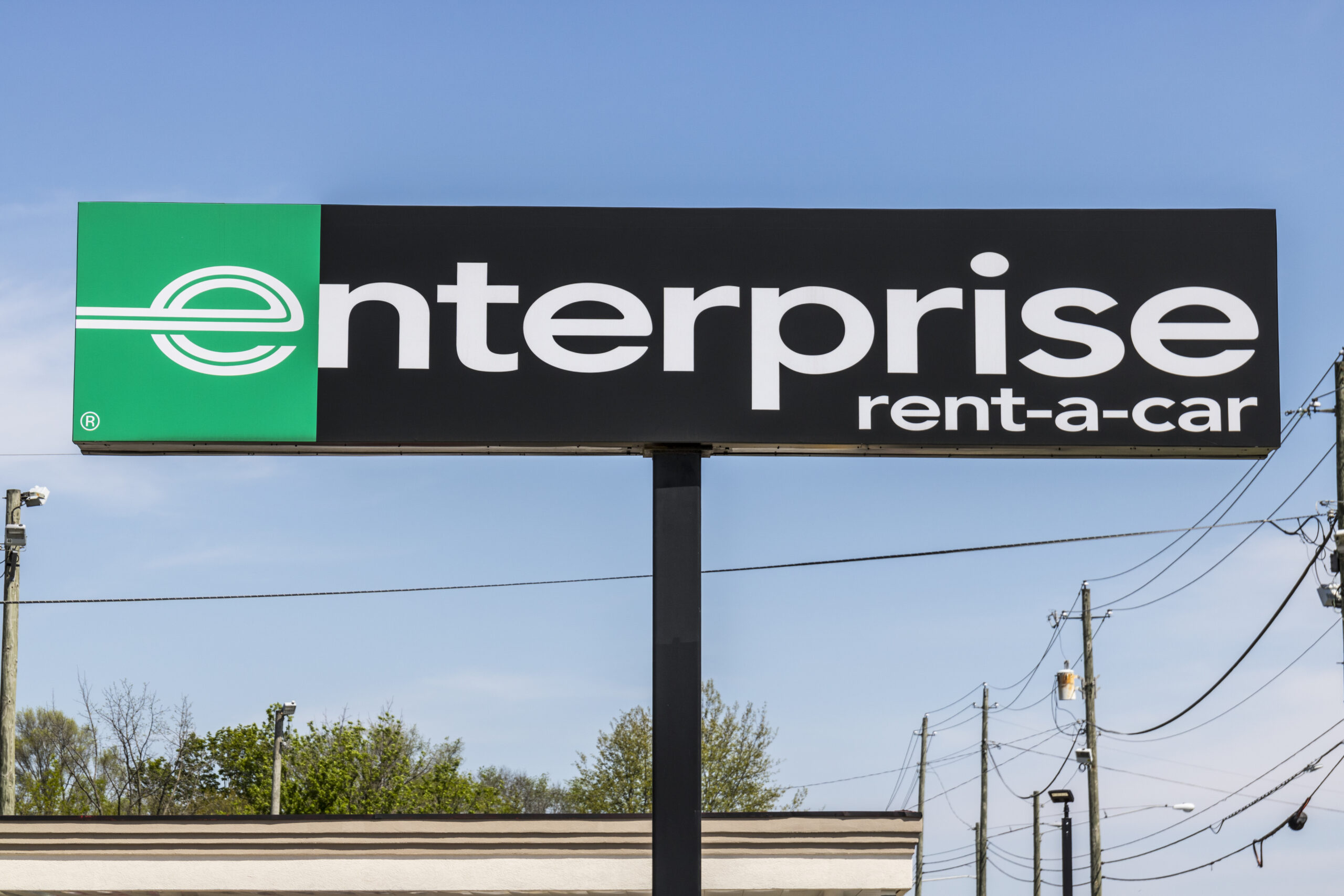Yes. Insurance for a single day is available.
How Much is Enterprise Deposit?
PUBLISHED ON Jun, 14 2023
UPDATED ON Mar, 25 2024

When planning to rent a car from Enterprise, it’s important to understand the details about the enterprise deposit. This article offers an in-depth look at the deposit amounts, the use of credit and debit cards, security measures, and refund processes.
Why Does Enterprise Charge a Deposit?
Enterprise Car Rental’s deposit serves as a financial security measure, ensuring that there are available funds to cover the cost of the rental and any additional charges that may occur, such as potential damages during the rental period. Enterprise offers various insurance and protection products to its customers, including Collision Damage Waiver (CDW) and Supplemental Liability Protection (SLP). The CDW is not insurance per se but waives the renter’s responsibility for all or part of the cost of damage to, loss or theft of, the vehicle, provided no actions that invalidate the waiver are taken. This means that if the CDW is purchased and the vehicle is damaged, the renter might not be held financially responsible, and therefore the deposit may not be used to cover these damages. However, should something happen to your rental car, you are financially responsible for this excess. If you purchase CarInsuRent car hire excess insurance, the excess amount can be eliminated and reduced to zero for as low as $6.49 per day* to $94.90 for an annual policy.
See How Much You Can Save on Your Enterprise Insurance
Get StartedWhat Forms of Payment are Accepted for Renting a Car with Enterprise?
Enterprise accepts various forms of payment for renting a car, including credit cards, debit cards, and cash. Major credit cards such as Visa, Mastercard, American Express, and Discover are accepted for payment and deposit purposes. Debit cards are also accepted, but certain conditions and restrictions may apply depending on the location and type of rental. Additionally, cash payments are accepted at some Enterprise locations, but pre-approval and additional requirements may be necessary.
Enterprise Deposit and Its Implications
When renting a car from Enterprise, a deposit is indeed required, although the exact amount can vary based on the location. To find out how much the deposit will be for your trip, it’s advisable to start a reservation where the cost of the deposit will be stated under the Renter Requirements section.
- Deposit requirement: It is mandatory to provide a deposit when renting a car from Enterprise.
- Varying amounts: The amount of the deposit can differ based on the location you’re renting from.
- Making a reservation: The best way to ascertain the deposit amount is to initiate a reservation.
How Much Does Enterprise Hold on Credit Card?
Renting a car from Enterprise necessitates a deposit, the amount of which can differ by region. Again, to obtain the most accurate pricing, starting a reservation is recommended.
- Regional differences: The deposit amount may vary by region.
- Accurate pricing: Start a reservation for the most precise pricing.
- Credit card hold: The deposit amount will be held on your credit card for the duration of your rental.
Enterprise Car Rental with Debit Card
Enterprise also allows customers to pay their deposit using a debit card. However, the rules and restrictions can vary, and it’s always advisable to verify these before you proceed.
- Debit card acceptance: Enterprise does accept debit cards for payment, but conditions may apply.
- Verification: It’s recommended to verify the rules regarding debit card use before renting.
- Reservation: Start a reservation to see all payment options available.
Enterprise Security Deposit and Refund Process
After the car rental period ends, Enterprise initiates the process for the refund of the security deposit. This process can take some time, depending on various factors including the mode of payment and bank processing times.
- Refund initiation: The refund process is started once the rental period ends.
- Processing time: The time it takes for the refund to reflect in your account can vary.
- Factors: The refund time can depend on your mode of payment and bank processing times.
If you rent with a credit card
Your account is placed on hold by Enterprise for the full rental amount plus the security deposit. When the car is returned, Enterprise releases the hold and collects the rental fee. In reality, the hold’s security deposit portion is instantly released.
If you rent with a debit card
Enterprise will place a hold on your bank account associated with your debit card on the day of pick-up for the full amount of the rental plus the security deposit. In accordance with the terms of the rental agreement, the company may deduct the security deposit from your bank account to pay for late penalties or damage repair.
Your debit card will be charged for the rental when the automobile is delivered undamaged and on time, and the security deposit hold will be released. The time it takes for money to return to your bank account can range from five to ten days, depending on your bank.
If you rent with cash
Renting a car for simply cash presents more of a challenge. Some Enterprise locations will accept cash as payment, but only with a ton of paperwork. This consists of an insurance certificate, two utility bills, two personal references, a pay stub, and a driver’s license from the same state. The full rental price plus a minimum security deposit of between $100 and $300 must be paid when you pick up the vehicle.
If you pay cash, Enterprise will write you a cheque for the amount of your security deposit return, which you may either pick up in person or have mailed to you.
Tips for Monitoring Your Rental Car Transaction
When hiring a car, heed the following advice to prevent cash flow problems:
- Find out in advance how much the hold—which consists of the cost of the rental car plus the security deposit—will be before securing the reservation.
- Check your credit card’s available credit before picking up the rental car. It is recommended to call the number shown on the back of your card to make a rapid payment to increase your available credit if you are approaching your credit limit so you can pay the whole amount.
- To be safe, give yourself a cushion. Consider using a new credit card if you are unable to make a payment because you are very close to your credit limit.
- Check your receipt after returning the car. Keep an eye on your account to ensure that you receive your deposit refunded promptly and in full.
Final Word
In conclusion, understanding the enterprise deposit, how much is held on your credit card, the use of debit cards, and the security deposit refund process can make your car rental experience with Enterprise smoother. Remember that specifics can vary based on location, so starting a reservation is always the best first step.
FAQs
Is a deposit mandatory for car rental at Enterprise?
Yes, a deposit is required to rent a car from Enterprise.
Can I use a debit card for the Enterprise deposit?
Yes, Enterprise accepts debit cards for payment, but conditions may apply.
How is the Enterprise deposit refund processed?
After the car rental period ends, Enterprise initiates the process for the refund of the security deposit.
One Response
Leave a Reply
Travel Tips and Guides

Enterprise Insurance: Excess Reduction for Enterprise Car Rental from US$ 6.49/day
Gil Farkash

Enterprise Cancellation Policy: Your Guide to Modifications and Refunds
CarInsuRent Team

Understanding the Enterprise Age Policy for Car Rentals: A Complete Guide
Gil Farkash
Frequently Asked Questions (FAQ)
No. We provide a single journey plan. You are covered from the time you pick up the rental car up to the time you return it or on the last date written on your Certificate of Insurance, whichever comes first.
No. You should purchase a policy before starting your travel.
Find the answers you’re looking for to the most frequently asked car hire insurance questions as well as other questions relating to our products and services.

My brother suggested I would possibly like this blog. He was totally right.
Very useful information